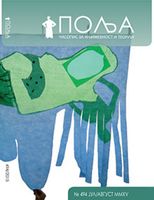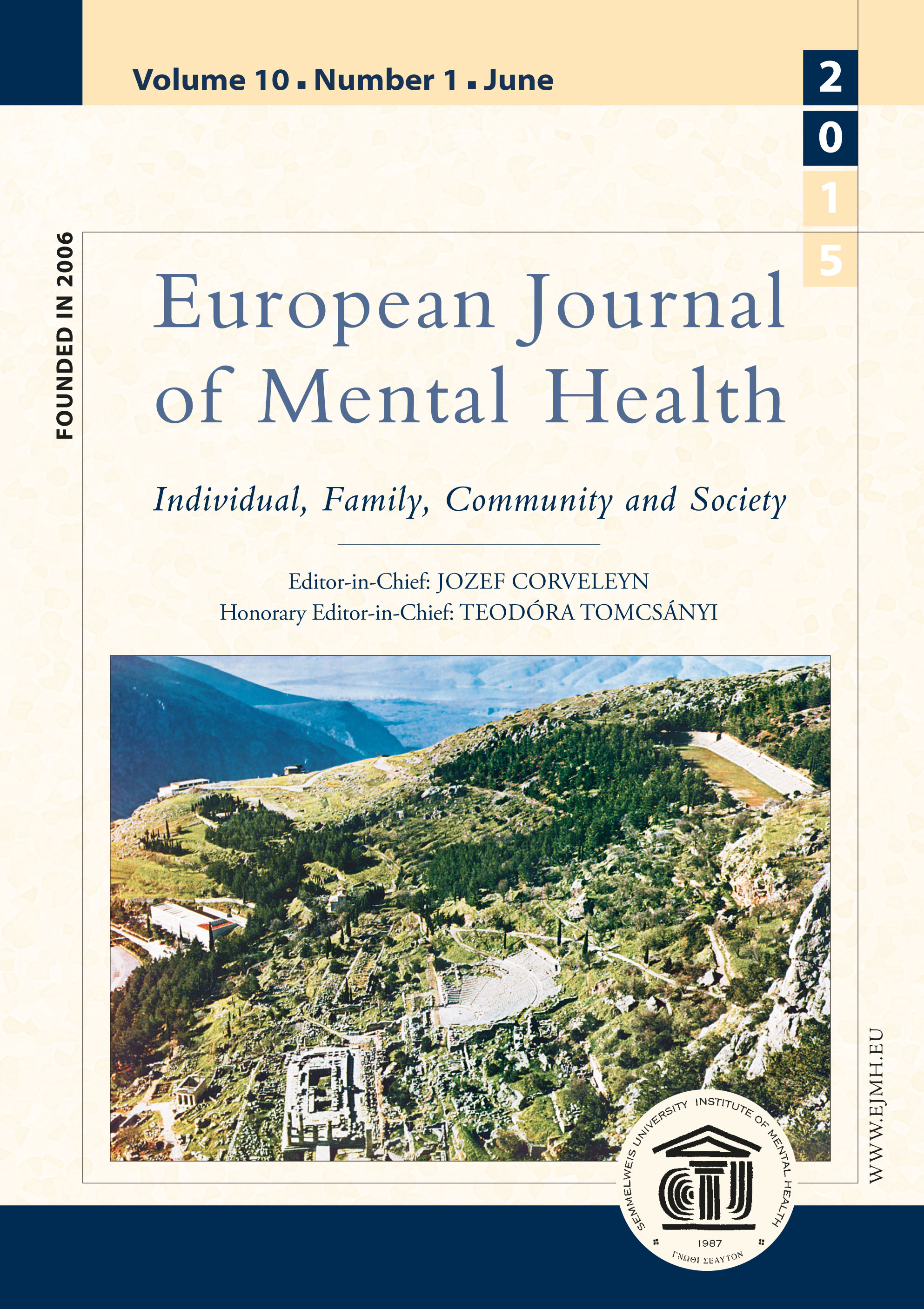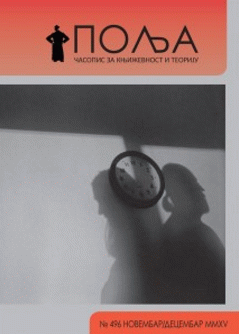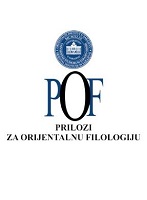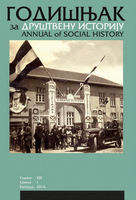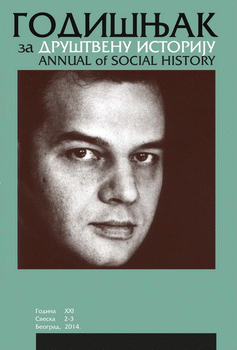ANALYSIS OF PERFORMANCE TO DIRECT TAXES IN THE TAX SYSTEM OF THE REPUBLIC OF SERBIA
ANALYSIS OF PERFORMANCE TO DIRECT TAXES IN THE TAX SYSTEM OF THE REPUBLIC OF SERBIA
Keywords: direct tax; equity; efficiency; yield; public revenues
Direct taxes are a very important group of taxes revenues. They refer to the personality of the taxpayer and directly affect its economic strength. They are a stable and plentiful source of public revenues. In order to assess their role in the tax system in Serbia, it is necessary to observe the goals which can be achieved by their implementation. The intention of the legislator is to provide resources to achieve fiscal and other goals. Determining the performance of direct taxes in the tax system in Serbia can be based on the criteria of equity, efficiency and yield. The aim of this study is to measure the performance of direct taxes in the tax system in Serbia, in order to make more appropriate conclusions about their role and importance in the provision of the budget. In this way, we will point to the need for reform of direct taxes in the tax system of our country and the need to decrease the importance of indirect or consumption tax.
More...

